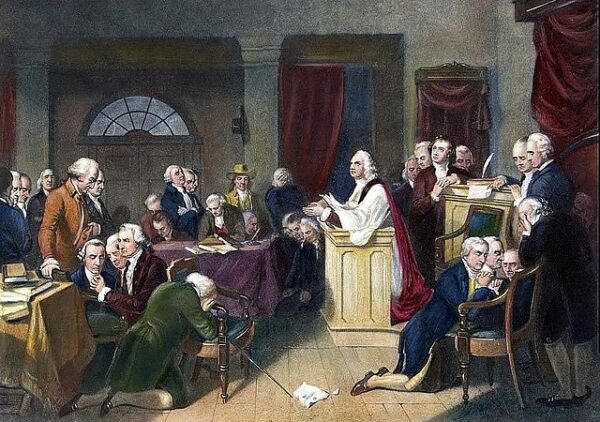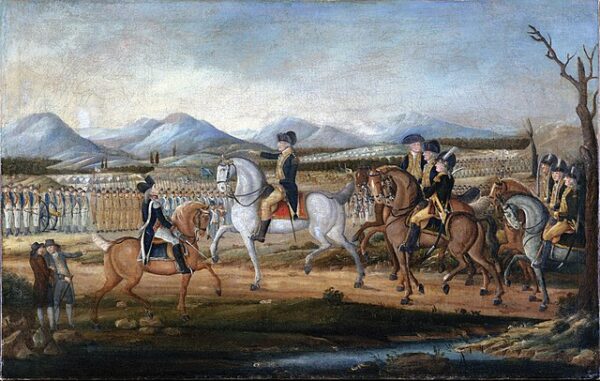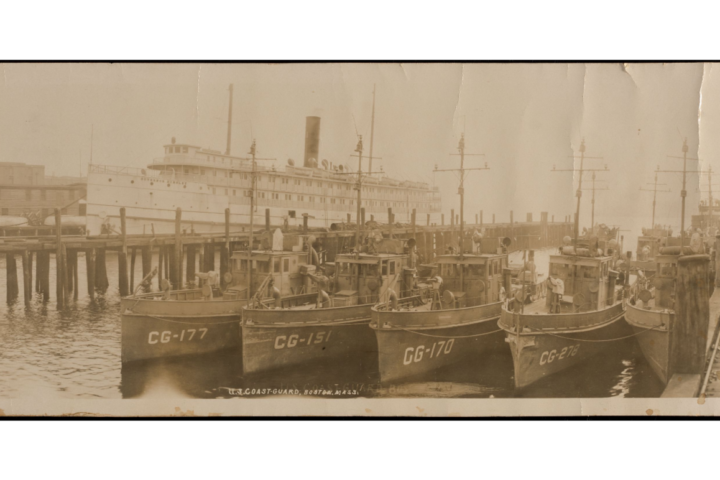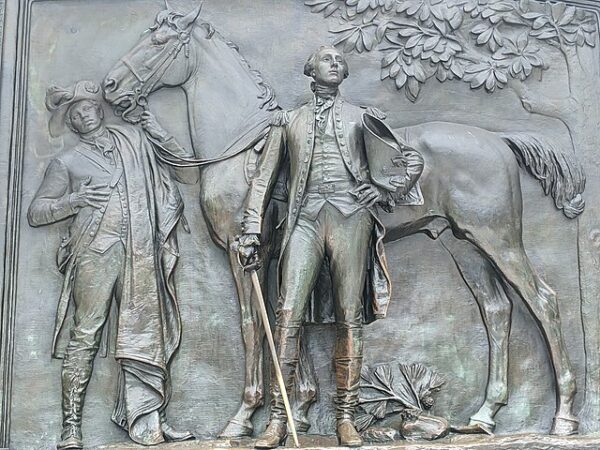On September 5, 1774, Americans took one step closer toward independence with the meeting of the First Continental Congress. As tensions with Great Britain escalated, the colonies recognized the necessity of a unified response to the increasingly oppressive British policies, which many colonists believed…
Read MoreGeorge Washington’s presidency is often celebrated for its establishment of foundational policies and precedents in the fledgling United States. One significant and often discussed event during his administration was the suppression of the Whiskey Rebellion in 1794, which marked the first major test of…
Read MoreOn August 4, 1790, under the leadership of Secretary of the Treasury Alexander Hamilton, Congress authorized the construction of ten cutters to enforce federal tariff and trade laws and to prevent smuggling. Initially called the Revenue Marine, today we better know it as the…
Read MoreOn August 2, 1790, the United States of America took its first count of the population. The U.S. Constitution ratified in 1789, mandated that a census be conducted to enumerate the people to apportion seats in the House of Representatives and assess direct taxes…
Read MoreOn July 31, 1777, a 19-year-old French aristocrat, Marie-Joseph Paul Roch Yves Gilbert du Motier, Marquis de Lafayette, received a commission, without pay, from the Continental Congress making him a major-general in the Continental Army. Lafayette had developed a great interest in the colonial…
Read More





